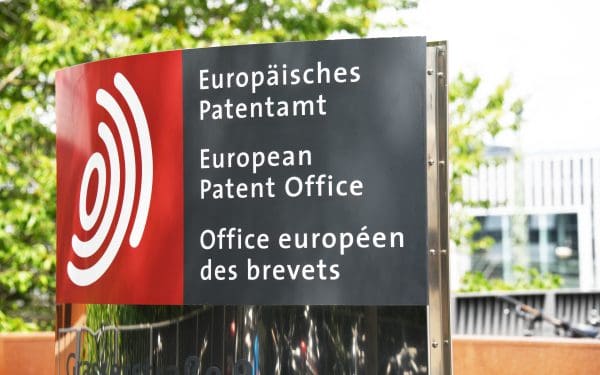The Unitary Patent (UP) and Unified Patent Court (UPC) will enter into force in late 2022 or early 2023. This new system will bring not only opportunities but also risks. European patent owners who consider to opt-out from the jurisdiction of UPC, should do a number of necessary steps now.
Who can file and where to file opt-out from UPC requests?
A proprietor/applicant for published patent application, for European patent granted, and related SPCs has a possibility to opt out from the exclusive competence of the Unified Patent Court. That is according to article 83(3) of the UPC Agreement. They can opt out from UPC before the end of the transitional period, unless they have already brought an action before the UPC. Here it is very important to understand that only actual patent proprietors can make opt out requests. The actual patent owners also can file requests through their representatives (e.g. European patent attorneys). UPC registry will collect Opt-out requests via an online management system without any official fee.
However, sometimes the current proprietor(s)/applicant(s), which EPO register or relevant national patent offices indicates, might not be real proprietors. Such situations may occur when an initial proprietor/applicant assigns European patent applications or granted European patents to another proprietor. That is the case only if none of the parties have registered the assignment. An opt out request may become invalid if not an actual proprietor files it. Then the patent can still face an attack and revocation in UPC. In order to avoid such situations, proprietors should check their European patents and European patents applications now. It is quite worth to update the European patent register/National Patent registers in advance of the sunrise period. Otherwise, it is a must to file an additional declaration.
Can licensees and co-owners opt-out from UPC too?
Licensees, exclusive or non exclusive, will not be able to request an opt-out. Even though the proprietor gives the authorization, the licensee is not entitled to lodge the request for opt-out. Therefore, if a licensee wishes to opt out, they should contact the proprietor. They need his approval and to ask him to file an application for opt-out. Such negotiations may take time, so licensees should start negotiations as soon as possible.
Also, European patent proprietors should review the agreements which they have in place with licensees: it maybe be some obligations, for example an obligation for the proprietor to consult with the licensee on any decisions regarding opt out. Process of reviewing licenses and negotiating with licensees also could be long.
If there are joint proprietors/applicants, they must all agree to file the opt out request. The same applies in cases where the national validations of a European Patent are owned by different proprietors. Therefore, if you are one of the owners and are intending to opt a patent out, you will need to contact the co-owners, to seek their approval, to collect relevant documents and prepare jointly signed declaration for the person who will submit the opt-out application.
Opt-out for SPCs when are different owners
If a SPC and a patent on which it is based are owned by different proprietors, the SPC owner must lodge the opt-out application together with the patent proprietor for the opt-out to be effective.
It is thus quite clear that patent holders should review their patent portfolios and existing agreements now, to have sufficient time to resolve any issues that may arise with co-owners and/or licensees regarding opting out and prepare any necessary documents and registrations before of the expiry of the “sunrise period”.




